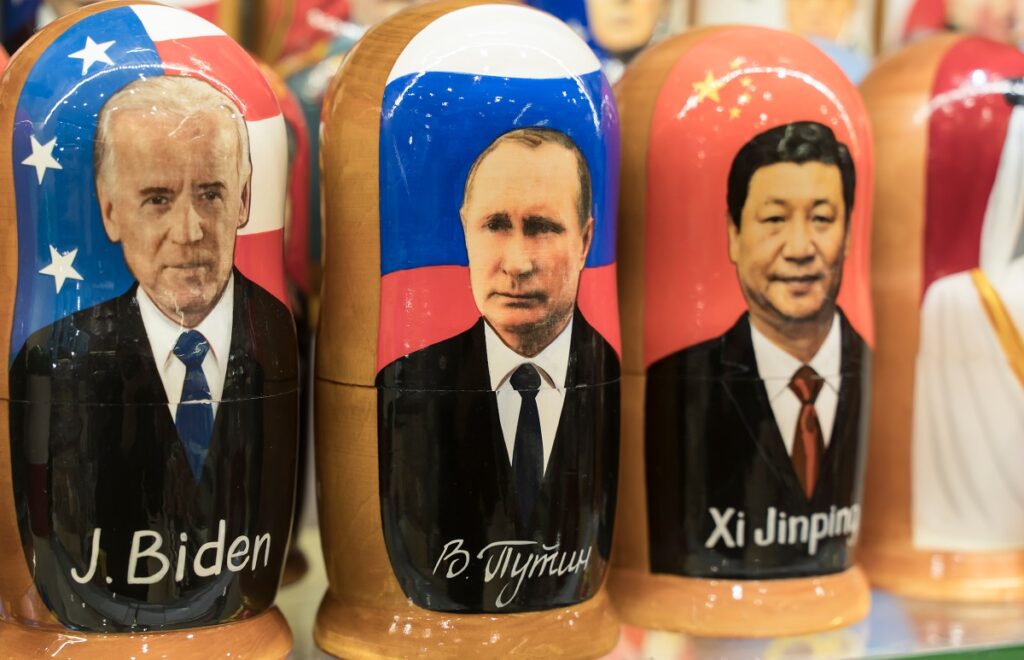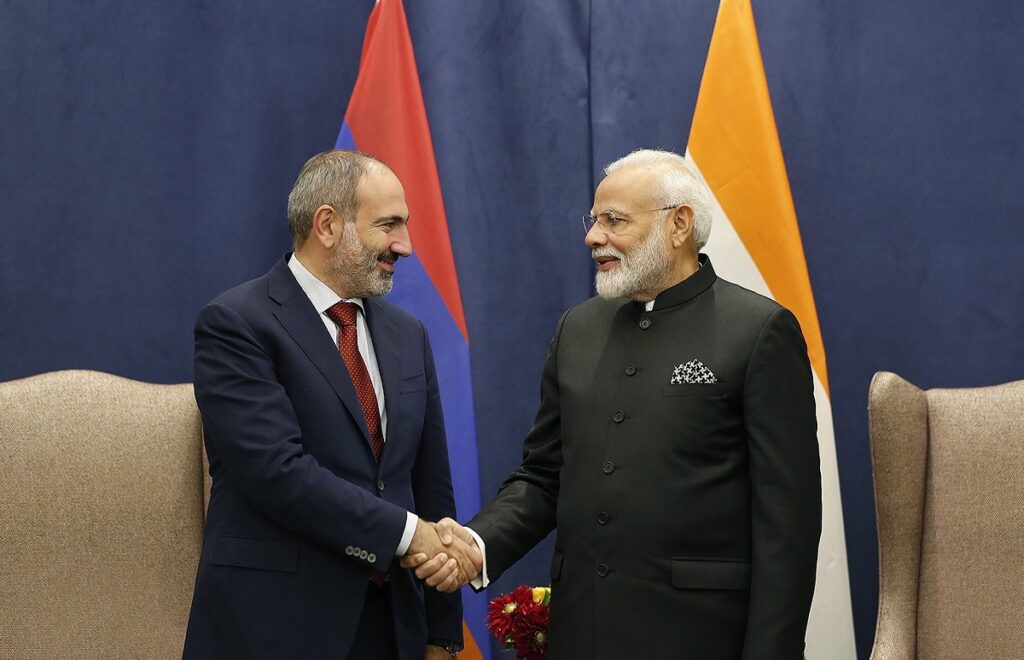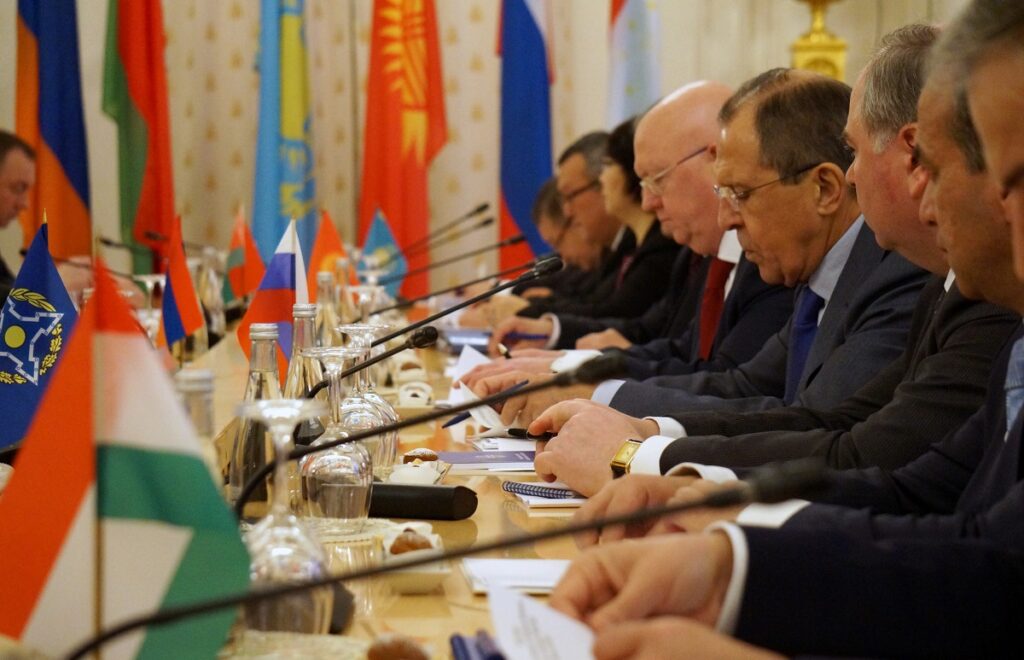The Asian front of the war in Ukraine
The invasion of Ukraine is generating global consequences that will have a long-term impact on the regional order and the geoeconomics of the Asia-Pacific. In particular, the protracted conflict is causing a deterioration in the economic situation of many South and Southeast Asian countries, which are still trying to recover after two years of the pandemic. The rising cost of raw materials, especially energy commodities, coupled with the blocking of exports of Ukrainian and Russian products, has fostered the emergence of huge trade deficits and soaring inflation throughout the region. The shock was so severe that it even triggered a series of economic crises that quickly turned into political ones undermining regional stability.
September 29, 2022 - Tiziano Marino






































